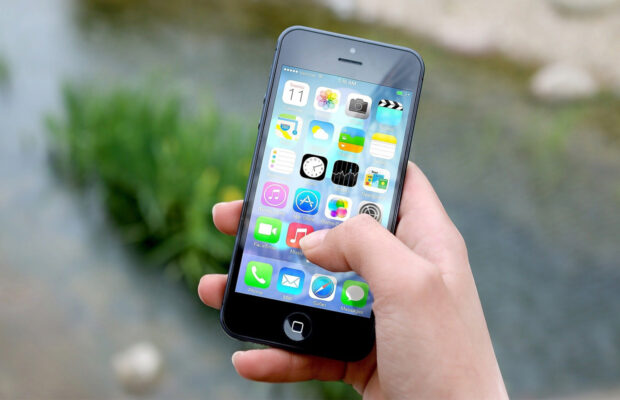The Role Of Smartphones In Improving How E-Commerce Is Done

In the earlier days of e-commerce, people had to do their shopping using their laptops and desktops. Today, mobile devices have tremendous market penetration, and most e-commerce companies have a mobile application where consumers can easily search for products and services. Research shows that 78% of local businesses searched done on phones turned into purchases.
Mobile Commerce
Mobile commerce refers to any monetary transaction completed via phone. It enables people to purchase and sell products and services from anywhere using their mobile devices or tablets. According to some professionals, mobile commerce has provided clients with real omnichannel experience, meaning stores can sell both online and offline. E-commerce made shopping easier, and with mobile commerce, they have a variety of payment options.
Clients no longer have to key in their card details to make a purchase. Mobile commerce has helped other companies grow while facilitating the growth of new ones. Some of the services offered by mobile commerce include:
- Mobile banking.
- Mobile money transfers.
- Location-based services.
- Boarding passes and electronic tickets.
- Mobile marketing, loyalty cards, and coupons.
Clients Can Compare Prices
With mobile phones, customers can compare prices faster. Often, they take an image of the item’s barcode and find out which store is offering the best deal. Traditionally, clients had to know the prices in advance through advertisements, catalogs, or window shopping. Armed with a mobile device, clients can compare prices and shipping costs for local and international stores.
Market Research Tool
Mobile phones are a way of tracking consumer habits, trends, and preferences. Thus, it is a great market research tool. Stores can use big data techniques to study data from tablets and mobile phones to help them understand the demands and behavior of their clients.
Data collected from mobile phones, web apps, and in-store sales can be used to make informed business choices. Devices with GPS allow stores to display ads for local deals naturally, which improves market campaigns.
Shopping Behavior
The impact of phones on e-commerce is that they have expanded opportunities dramatically. Until smartphones became prevalent, e-commerce sales were constrained by location. People could only shop at a laptop/desktop computer with an internet connection. The presence of mobile phones changed all that.
Today, you can shop from anywhere, and this has changed the shopper’s behavior. Phones and tablets have broken the walls between digital sellers and physical retailers. Recent data shows that 97 percent of tablet owners have bought something on their device, and 83 percent have engaged in shopping-related activities. Customers like the fact that anything can be bought online from the comfort of their homes or office. That means more price awareness, more comparison shopping, and potential shifting sales.
Mobile devices have enabled consumers to purchase products they need with more convenience, from any location, at any time. If utilized optimally, mobile apps can drive revenue and boost brand recognition. Developers are now building mobile apps that integrate seamless payment options. Today, mobile apps have faster checkouts and digital wallets that improve the shopping experience. There are predictions that mobile sales will continue to increase in the coming years.










 © 2024
© 2024
0 comments